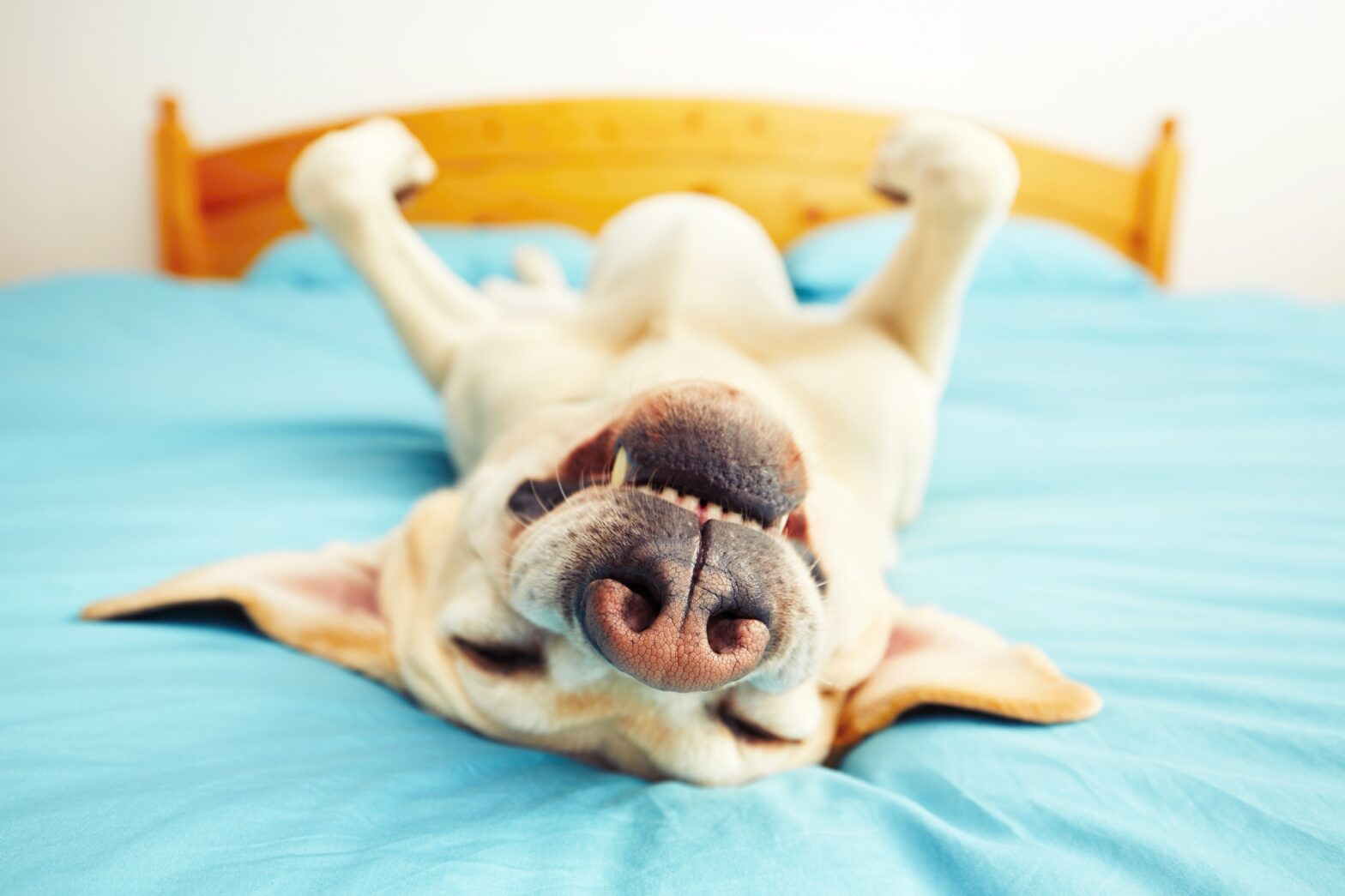‘By getting less than eight hours sleep, you’re impairing your ability to think clearly, be productive, and problem solve on a daily basis. It can also have a direct (negative) effect on your willpower.’ Chris Brantner, Certified sleep science coach at SleepZoo.com speaks to Barker and Stonehouse on why gaining the recommended 7-8 hours of sleep is very important.
Independent furniture retailer, Barker and Stonehouse, conducted a study of 2,000 people to explore the nations sleeping habits and determine why people aren’t getting the recommended eight hours of sleep.
Findings show that Brits are currently not getting the recommended eight hours, with one in five admitting they don’t go to sleep until 12PM and wake up at 6.30AM throughout the week.
Nearly a third go to sleep with work on their mind, which could be linked to the one in five that admit to checking their work emails before going to sleep. This is a problem that affects women more than men too, with just under a quarter of women confessing they check their emails over Pinterest, Snapchat and dating apps such as Tinder.
It’s also no surprise that mobile phones are becoming a firm part of the nation’s night time ritual, the negative impact of which could be greater than people think.
Chris explains, ‘In general, I’d argue that smartphones are destroying our sleep. Recent surveys suggest that 75 per cent of people have access to their phones in their rooms. Sixty-sixty per cent of people look at their phones within 30 minutes of falling asleep.’
In fact, only 15 per cent of Brits are getting a ‘good’ and healthy night’s sleep, which on top of charging the batteries, can also assist with boosting immunity, slimming, blood pressure and mental wellbeing.
Chris explains the greater impact the lack of sleep has on your body; ‘Too little sleep has been linked to increased risk of obesity, heart disease, high blood pressure, Alzheimer’s, depression, anxiety… you name it. People’s lifestyles may be changing but make no mistake – we’re not evolving to be able to handle less sleep.’
Thank goodness for the weekend!
Or not. For many, Friday is the day people get the best night’s sleep, knowing they have a relaxing weekend to follow, whereas for Londoners the weekend starts on Wednesday with one in ten claiming this is when they get the best sleep.
It’s the weekends however when we tend to sabotage our sleep for the working week, ‘As we often spend so much time staying up late and sleeping in on the weekends, by the time the working week rolls around our sleep cycle is off and we aren’t tired for bed. Leading to sleep deprivation at the beginning of the working week.’
What can be done?
Chris explains taking work home isn’t ideal, following research he recommends, ‘You need a good hour to wind down and prepare your body and brain for slumber, putting pen to paper and creating your to-do list for the next day, will let you shut work off…’
It’s not just tech that’s to blame…
The reasons why Brits are not getting enough sleep are widespread, with over (40 per cent) believing they would be happier if they were sleeping more each night.
One main issue was from their partners snoring, with 40 per cent of males and 25 per cent of females admitting they snore at night. even if it seems the snorer is the one getting all the rest, in many cases the snoring is too having a negative impact their own sleep. ‘Snoring is a common cause of daytime fatigue, both in snorers and their partners. If snoring keeps your partner up, it can make them feel miserable and can really strain your relationship,’ says Chris.
The research also discovered that age has an effect on the amount of sleep people get, with millennials (18-24-year-olds) becoming distracted by their mobile phones, with Facebook leading the way supplying constant memes and social updates (54 per cent), Instagram (48 per cent), Snapchat (36 per cent) and YouTube (28 per cent).
Nationwide habits
Barker and Stonehouse’s’ research also analysed the nations sleeping habits across several UK cities further revealing:
- More than one in five people in Leeds check their emails before bed
- More than a third of people from Aberystwyth check their dating profiles before they can get any shut eye
- Swansea has the biggest problem with partners snoring
- More than a third of people from Edinburgh go to sleep thinking about work
Imran Tai, e-commerce manager at Barker and Stonehouse, says, ‘As suggested by Chris, getting the recommended 7-8 hours of sleep each night is vital for our health and well-being.
‘We weren’t expecting technology to be dominating people’s routine at night with people admitting they look at their social media accounts to playing games before they attempt any sleep. With the suggestion of creating a to-do list not only lets us focus on organising our day to day life admin tasks, it will overall make us have a better sleep.
‘We want to encourage people to get the best night sleep, helping the 46 per cent of people who said they toss and turn at night which is disturbing their sleep pattern.
‘Through creating a calm and soothing space, we would recommend blackout blinds and changing your mattress. As recent studies have revealed you should change your mattress every eight years for the best level of comfort and support.’







